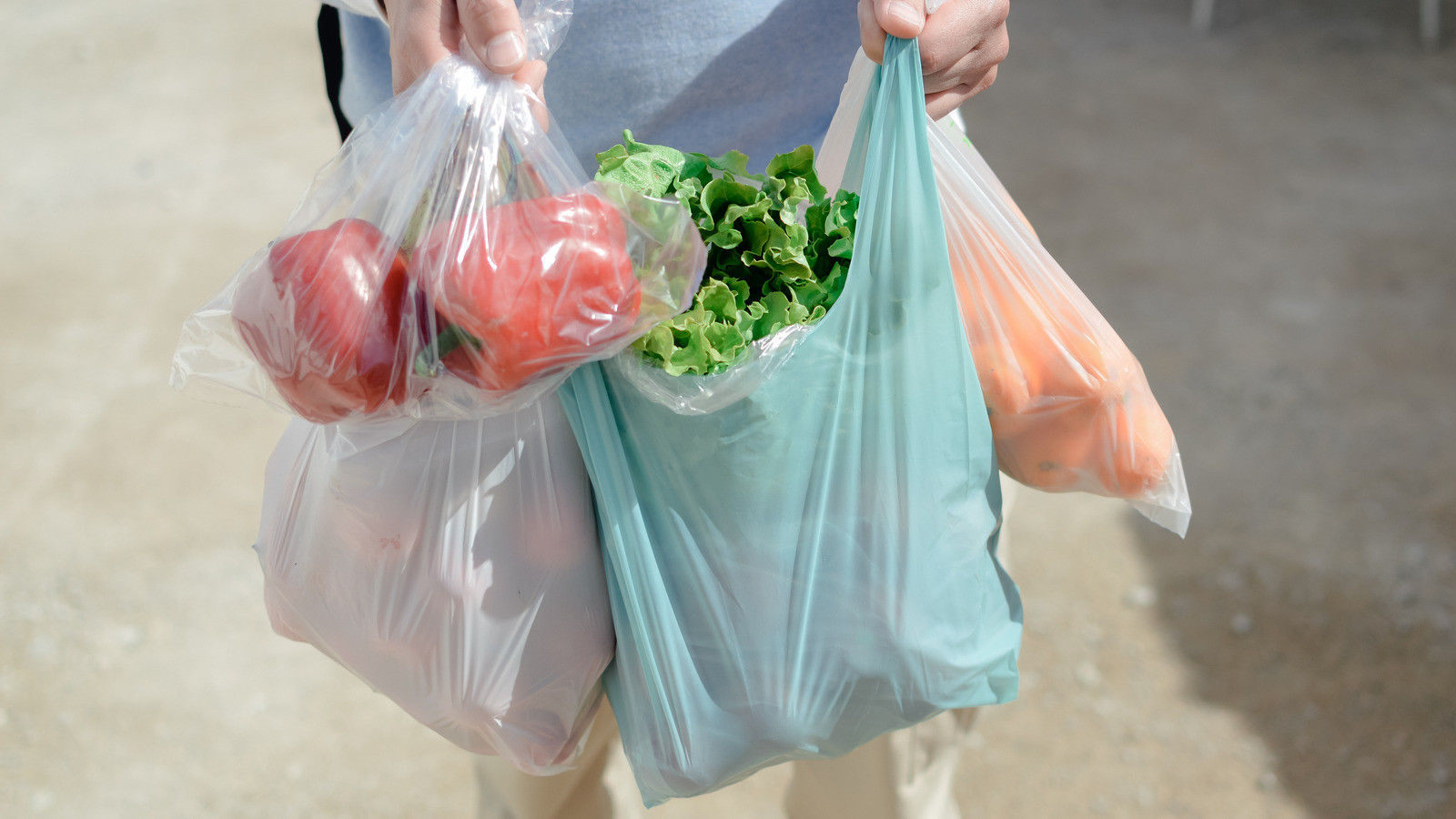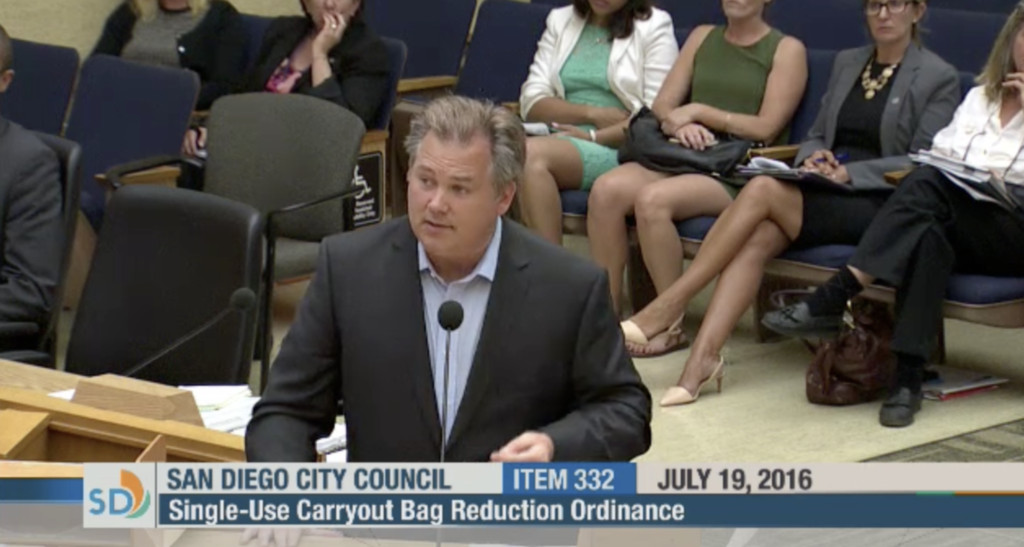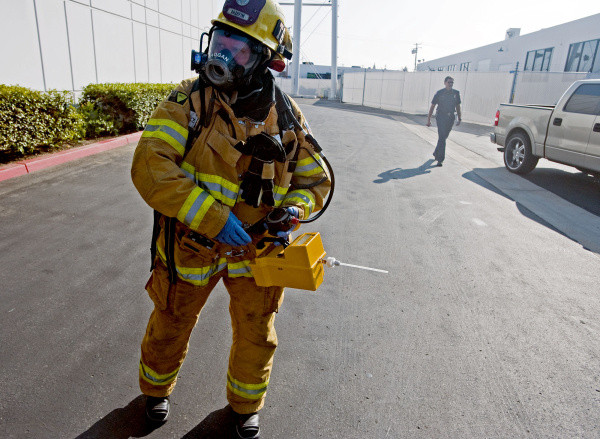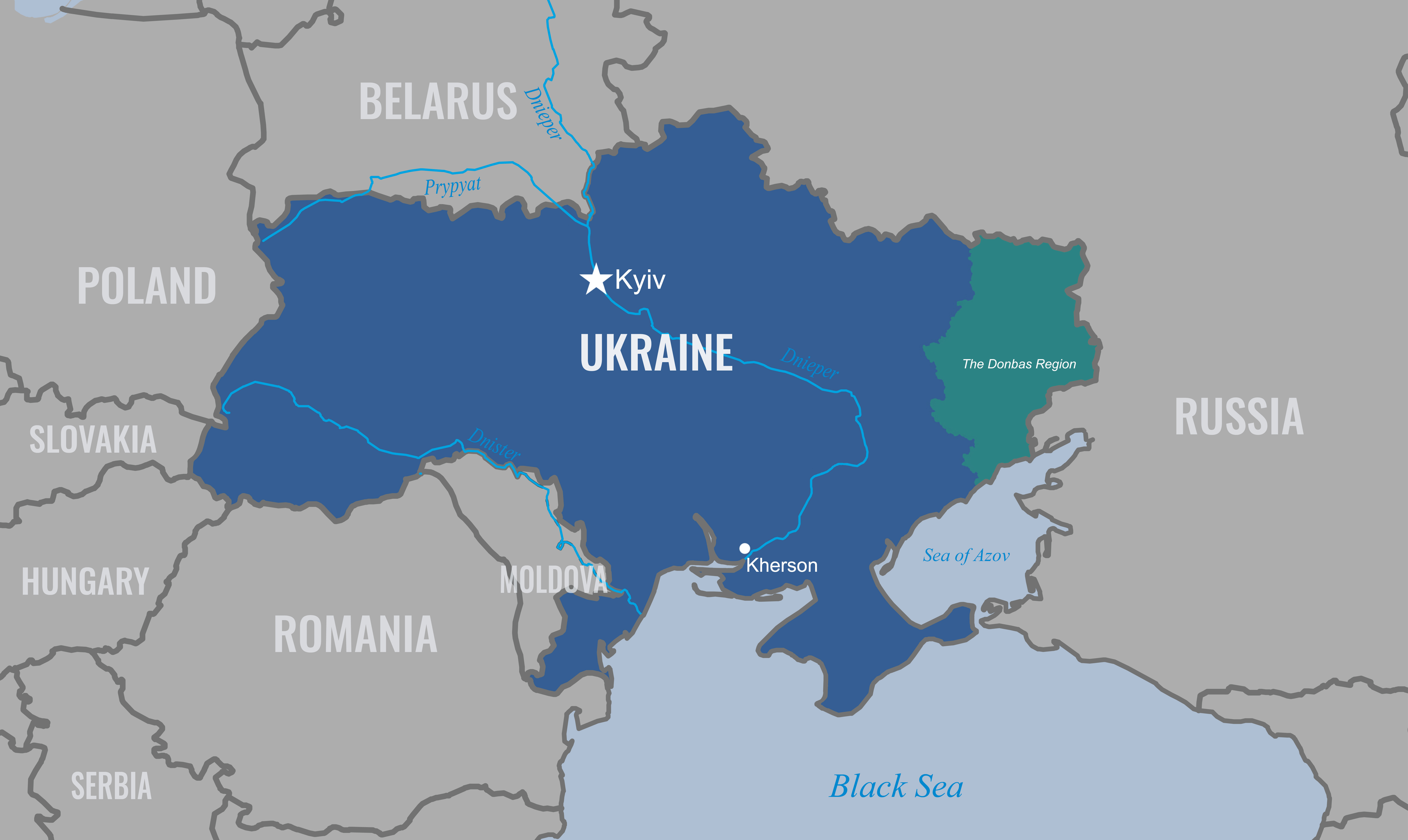“Paper or plastic” will no longer be a choice at grocery store checkout lines in California under a new law signed on Sunday by the governor, Gavin Newsom, that bans all plastic shopping bags. This decision marks a significant development in California's ongoing battle against plastic pollution, and expands on previous measures that restricted thinner plastic bags but allowed the sale of thicker ones marketed as reusable and recyclable.
The new measure, approved by state legislators last month, bans all plastic shopping bags starting in 2026. Consumers who don’t bring their own bags will now simply be asked if they want a paper bag.
State Sen. Catherine Blakespear, a vocal advocate for the law, highlighted the shortcomings of earlier regulations, pointing toward a troubling trend: the amount of plastic bags discarded per person surged from 8 pounds in 2004 to 11 pounds in 2021. “We are literally choking our planet with plastic waste,” she said, emphasizing the urgency of addressing the environmental impact of plastic.
The new law, which simplifies checkout options by offering only paper bags to those who do not bring their own, has received widespread approval from environmental organizations. Oceana, a leading nonprofit group focused on ocean conservation, described the legislation as a vital step in safeguarding California's pristine coastlines and vibrant marine life. Christy Leavitt, Oceana's plastics campaign director, said that the ban reinforced California's position as a trailblazer in the fight against the global plastic pollution crisis.
Expanding the Ban: A Growing Movement
The proposal means that California will join a growing movement. Twelve states now have statewide plastic bag bans, while hundreds of cities across 28 states have enacted similar restrictions.
The roots of California's plastic bag ban go back to 2014, when the legislature first passed a statewide prohibition that was later affirmed by voters in a 2016 referendum. Jenn Engstrom, director of the California Public Interest Research Group, said the new law is a fulfillment of the original mandate to eliminate plastic bags.
“Plastic bags create pollution in our environment and break into microplastics that contaminate our drinking water and threaten our health. With the Governor’s signature, California has finally banned plastic bags in grocery checkout lanes once and for all,” she said.
A History of Leadership in Plastic Reduction
Gov. Newsom's commitment to reducing plastic waste is not new; he signed the nation's first plastic bag ban as mayor of San Francisco in 2007. His push for new regulations reflects a broader shift across the U.S. toward sustainability and environmental responsibility. Many view this latest legislation as California taking another decisive step toward a more sustainable future and setting a powerful example for other states to follow.
The Impact of the Ban
This new law, like many others, is sure to have its share of both supporters and opponents. Critics may argue that it puts an undue burden on businesses and shoppers, or that it fails to address the root cause of plastic pollution. However, proponents maintain that the ban is a necessary step in protecting the environment and public health. The long-term impact of the ban will likely depend on how effectively it is implemented and enforced. The success of the ban could depend on factors such as the availability of alternative bag options, consumer behavior, and the overall commitment of businesses to reducing plastic waste.
A Call for Change: Looking Ahead
California's latest plastic bag ban is not just a local victory; it represents a larger shift in the global consciousness toward environmental stewardship. The move underscores the urgent need to address plastic pollution, not only in California, but around the world. The challenge is to build on this momentum and find innovative solutions that can reduce plastic waste and create a more sustainable future for everyone. The path forward will require collaboration between governments, businesses, and individuals to create a comprehensive and effective approach to tackling the global plastic pollution crisis. While the new ban is a significant step, it is just one piece of a larger puzzle. The fight against plastic pollution is far from over.


















